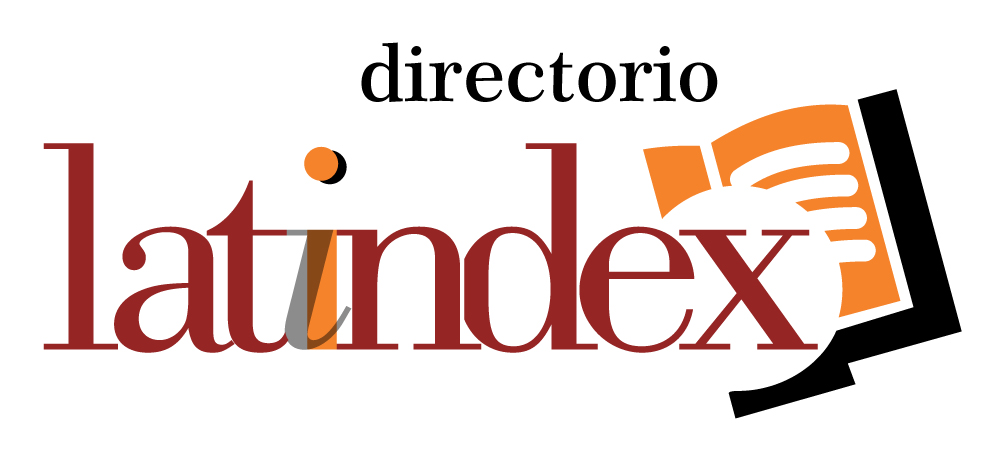Language, rule and behavior in the second Wittgenstein
DOI:
https://doi.org/10.59780/ngap5399Keywords:
Wittgenstein, Behavior, GrammarAbstract
In the II Wittgenstein, logic is no longer resolved in the relation between language and thought, starting to rely on linguistic practice itself. The appeal to psychical occurrences in logical considerations remains irrelevant, since these are now grammatical considerations: it concerns to the rules that presides language. These rules are independent of the thought, as something underlying language. In this sense, each grammatical context, that is, each language-game, is a prototype for a way of thinking. When considering that linguistic practice itself carries out logic, behavior takes on a leading role: both primitive, pre-linguistic behavior, which constitutes the bedrock of grammar and the means of presentation of mental; as well as the behavior, which gains symbolic status, starts to function as utterances of mental in language games.
Downloads
References
BOUVERESSE, Jacques. La force de la règle: Wittgenstein et l’invention de la nécessité. Paris: Les éditions de minuit, 1987.
FORSTER, Michael. The autonomy of grammar. In: GLOCK, Hans-Johann; HYMAN, John (ed.). A companion to Wittgenstein. Chichester: Wiley Blackwell, 2017, p. 269-78. https://doi.org/10.1002/9781118884607.ch15.
GLOCK, Hans-Johann; HYMAN, John. A companion to Wittgenstein. Chichester: Wiley Blackwell, 2017. https://doi.org/10.1002/9781118884607.
HACKER, Peter. Wittgenstein on human nature. Londres: Phoenix, 1999.
PEARS, David. Platitude and paradox in Wittgenstein’s philosophy. Oxford: Clarendon Press, 2006. https://doi.org/10.1093/acprof:oso/9780199247707.001.0001.
SCHULTE, Joachim. Experience and expression: Wittgenstein’s philosophy of psychology. Oxford: Clarendon Press, 2003.
STERN, David. Wittgenstein’s philosophical investigations: an introduction. Cambridge: Cambridge University Press, 2004.
HARK, Michel. Beyond the inner and the outer: Wittgenstein’s philosophy of psychology. Dordrecht: Kluwer Academic Publishers, 1990. https://doi.org/10.1007/978-94-009-2089-7. (Synthese library)
WITTGENSTEIN, Ludwig. Philosophische Untersuchungen/Philosophical investigations. Trad. Gertrude Elizabeth Margaret Anscombe. 4ª ed. Oxford: Blackwell Publishing, 2009.
WITTGENSTEIN, Ludwig. Remarks on the philosophy of psychology. Vol. I e II. Trad. Gertrude Elizabeth Margaret Anscombe. Chicago: University of Chicago Press, 1988.
WITTGENSTEIN, Ludwig. Tractatus logico-philosophicus. Trad. Luiz Henrique Lopes dos Santos. 3ª ed. São Paulo: EDUSP, 2001.
WITTGENSTEIN, Ludwig. Últimos escritos sobre a filosofia da psicologia. Trad. João Tiago Proença, António Marques e Nuno Venturinha. 2ª ed. Lisboa: Calouste Gulbenkian, 2014.
Downloads
Published
How to Cite
Issue
Section
License
Copyright (c) 2023 João Henrique Lima Almeida

This work is licensed under a Creative Commons Attribution-NonCommercial-NoDerivatives 4.0 International License.









